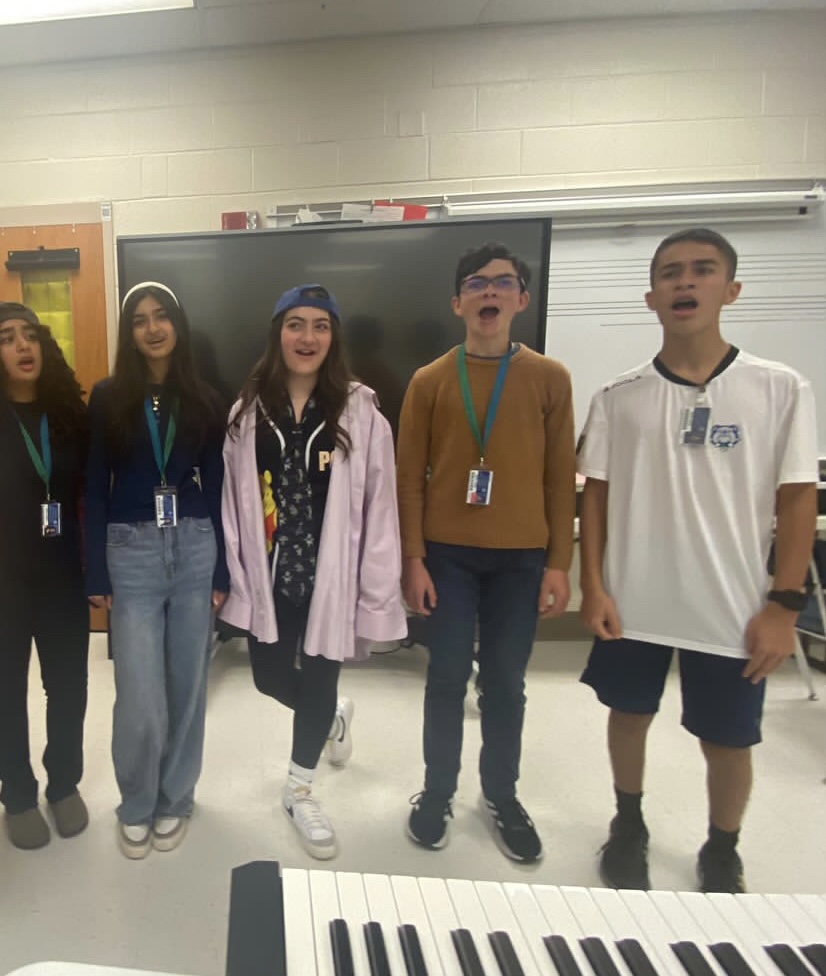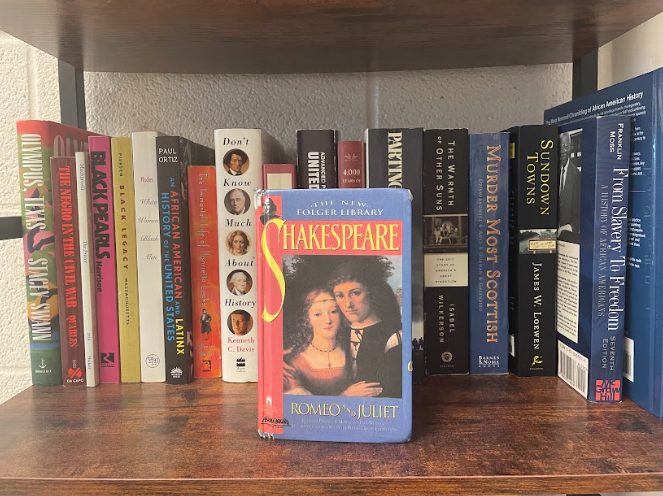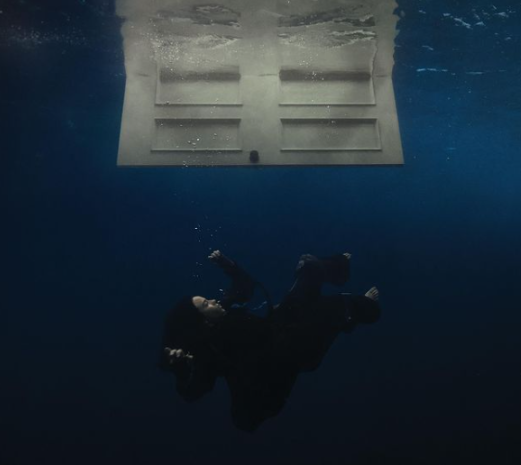Crimean citizens officially voted March 16 to leave Ukraine and to become part of the Russian Federation after the Russia Parliament approval March 1 to send thousands of Russian troops into Crimea.
Crimea is southeast of Ukraine, but used to be a part of the Russian Federation before the Russian government handed over Crimea to Ukraine many years ago. Many have been killed and injured as a result of people protesting the government.
“The overthrown government in Ukraine right now is so unstable,” said senior Natasha Ivanina who has family in both Russia and Ukraine. “Random groups of people go to the capital [Kiev] to start shooting and fighting people, and to take over governmental authorities.”
According to the CHE Center for Culture, History and Energy, an informational website about these various topics, many countries rely heavily on natural resources, such as oil, for economic power and to support a prosperous nation. Now that world leaders are looking towards natural gas as opposed to oil, Crimea seems even more appealing to acquire from Ukraine.
According to Ivanina, the benefits of natural gas are not as important to Russia as the fact that Crimea borders the Black Sea. The Russian federation would no longer have to rely on other countries for ports and drinkable water.
Even though Crimean citizens voted to secede from Ukraine and become part of Russia, many groups and nations worldwide, including the European Union and the US, have passed economic sanctions on Russia because of the unannounced movement of Russian troops into Crimea. In addition, the G7 member countries excluded Russia from the meeting and decided to move the June G-8 summit meeting from Sochi, Russia to Brussels, Belgium.
According to a March 31 Fox News Article, Secretary of State John Kerry and Russian Foreign Minister Sergey Lavrov, have “different proposals” to de-escalate the crisis in Ukraine and calm the growing tension. Not only has this public discrepancy between the two nations caused diplomatic problems, but it also has resulted in the lack of trust between two powerful superpowers.
The UN General Assembly condemned the Russian annexation of Crimea and has urged other nations to not recognize Crimea as a part of Russia. Russian sophomore Monica Oves believes that the UN condemnation has many underlying variables.
“Obviously what Russia did was foreseen but nevertheless extremely unfair on their part because it’s borderline criminal just for the fact that their annexation was in support of self-interest rather than legitimacy of reason,” Oves said. “Eleven nations said that people should recognize Crimea which shows that there is some disagreement on such an issue which could give way to future problems.”
However, some CHS students believe that the US and the world have blown this situation out of proportion.
“If the US had not attempted to meddle in Crimea’s affairs, then everything would be simpler and easier to resolve,” junior Katya Ellis said. “It is creating more conflict within Ukraine.”
Ellis’ family who currently lives in Ukraine, lives approximately six to eight hours away from Crimea, where they own an apartment and visit every summer.
“I don’t think it really makes a difference if Crimea is part of Russia or Ukraine,” Ellis said. “The only thing is that I’m used to visiting Crimea and it being part of Ukraine and getting there by driving through Ukraine. If Crimeans believe that joining Russia will give them a better life, then they should be able to join Russia and make the decision for themselves.”







